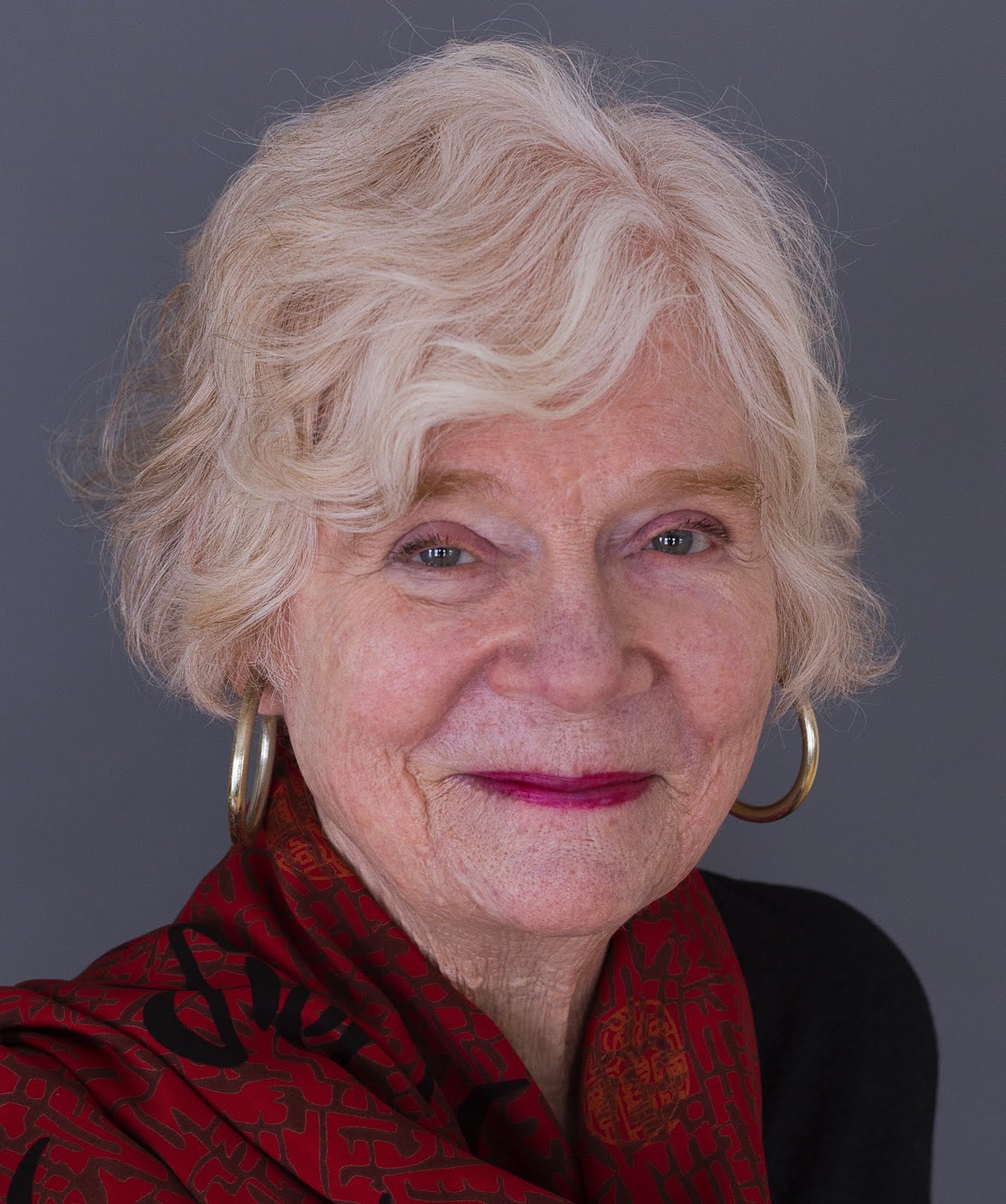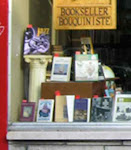"Either someone really, really wanted people to be able to read that week’s newspaper, or someone really, really did not," the NYT reported.
"The papers, which originally printed a combined 8,620 copies for newsstand sales, had to print 5,500 more to keep up with the demand, which seemed to come almost entirely from two customers buying up every available copy at $1.50 each from 7-Eleven stores and bagel shops."
The two papers had a few stories in common, including one about Suffolk County’s being accused of wrongfully diverting money from a preservation fund, a report on a former basketball star singing Karoke and the report on a doctor, who was a Queens on Sept. 7 after a "grand jury indictment on charges of conspiracy to pay and receive health care kickbacks, six counts of health care fraud and one count of health care fraud conspiracy."
The publisher said that there were suspects but it was hard to understand in this day of the Internet how anyone could think they could supress a story by buying up copies of a newspaper.
But it sure has got publicity for the papers!




































